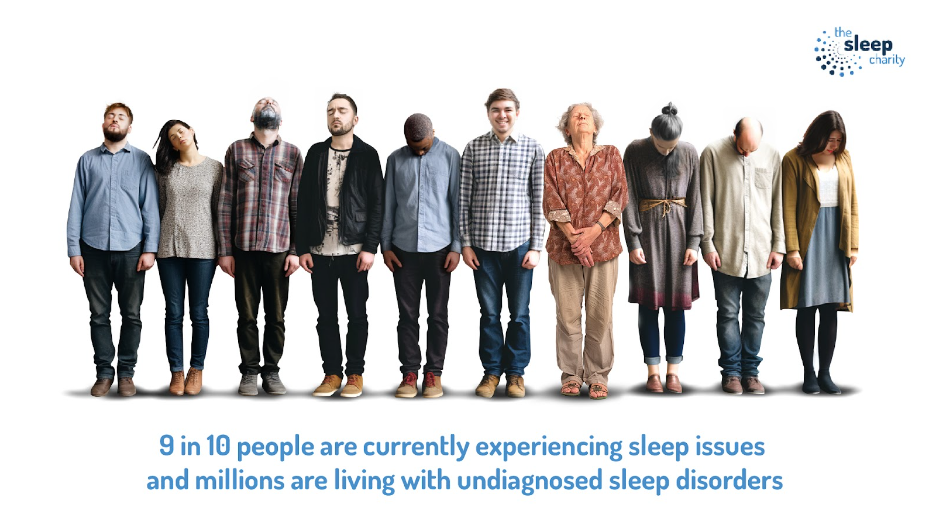BSS Supports The Sleep Charity’s Call For A National Sleep Strategy

At the end of April, our friends at The Sleep Charity launched a new report ‘Dreaming of Change: A Sleep Manifesto’ calling for the Government to develop a National Sleep Strategy to tackle the sleep crisis and make a transformational difference to the lives and wellbeing of many millions of people.
It’s three key measures include:
1. Sleep education and sleep support advice should be embedded as a central feature in all public health campaigns and a standalone sleep education campaign should be launched.
2. Existing health conversation frameworks should be used to deliver advice on sleep through millions of routine health interactions, in the same way that health professionals are trained to offer routine advice on stopping smoking, getting active and reducing alcohol.
3. The quality of NHS support available for patients with insomnia or sleep apnoea should be improved, with all patients offered a choice of NICE-approved face-to-face or digital treatments, regardless of where they live, and GPs and other health professionals should be trained to identify the best options and how to access them.
The BSS has produced a statement to support:
“The British Sleep Society (BSS) strongly supports The Sleep Charity’s publication Dreaming of Change: A Manifesto for Sleep.
“Sleep disorders are common, with over 80 distinct primary sleep disorders affecting around a third of the general population in Western Europe. In the UK, 37% of adults experience insomnia and an estimated 2.5 million individuals are living with obstructive sleep apnoea hypopnoea syndrome (OSAHS) with the latter demonstrating rapidly increasing prevalence due to the ongoing obesity pandemic and an aging population. Many of these patients are undiagnosed – data suggests 85% of individuals with are OSAHS in the UK are undiagnosed – or experience significant delays to diagnosis; narcolepsy is associated with on average over a 10-year delay to diagnosis.
“The impact of sleep disorders, particularly when unrecognised and untreated, is significant. There is substantial variation in the delivery of sleep medicine across the NHS and NHS England data demonstrates rising numbers of referrals to sleep services, and a significant backlog following the COVID19 pandemic.
“We join the call for a National Sleep Strategy to address the rising personal, health, social and economic costs of sleep disorders across the UK.”
